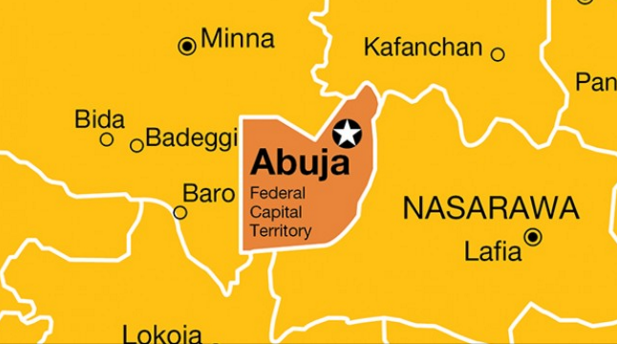Fitch, a global credit rating agency, has revised the outlook on Nigeria’s long-term foreign-currency issuer default rating (IDR) to ‘stable’ from negative and affirmed the IDR at ‘B’.
The outlook released on Wednesday, shows a decrease in the level of uncertainty surrounding the impact of the global pandemic shock on the Nigerian economy.
Fitch said the ‘B’ rating reflects weak fiscal revenues, comparatively low governance and development indicators, high dependence on hydrocarbons, and a track record of subdued growth and high inflation.
“These rating weaknesses are balanced against the large size of Nigeria’s economy, low general government debt relative to GDP, small foreign currency indebtedness of the sovereign and a comparatively developed financial system with a deep domestic debt market,” the report read.
Advertisement
Rated entities in a number of sectors, including financial and non-financial corporations, sovereigns and insurance companies, are generally assigned issuer default ratings (IDRs). IDRs are based on an entity’s relative vulnerability to default on financial obligations.
The ‘B’ ratings (highly speculative) indicate that material default risk is present, but a limited margin of safety remains — financial commitments are currently being met; however, capacity for continued payment is vulnerable to deterioration in the business and economic environment.
Fitch opined that foreign currency restrictions by the Central Bank of Nigeria could “damage investor confidence” and possibly lead to Nigeria’s exclusion from benchmark equity indices, durably impeding a return of foreign inflows, which would place the onus of rebuilding reserves on sovereign external borrowing amid continued current account deficits.
Advertisement
Fitch said it expects the government to cover most of its funding needs in 2020-2022 domestically, supported by ample liquidity in the non-banking financial system as highlighted by the negative real rates on local currency debt.
“The authorities are also likely to seek to increase the share of external borrowing, mostly on concessional terms, although slow progress on reforms might hinder further official creditor support,” the agency added.







